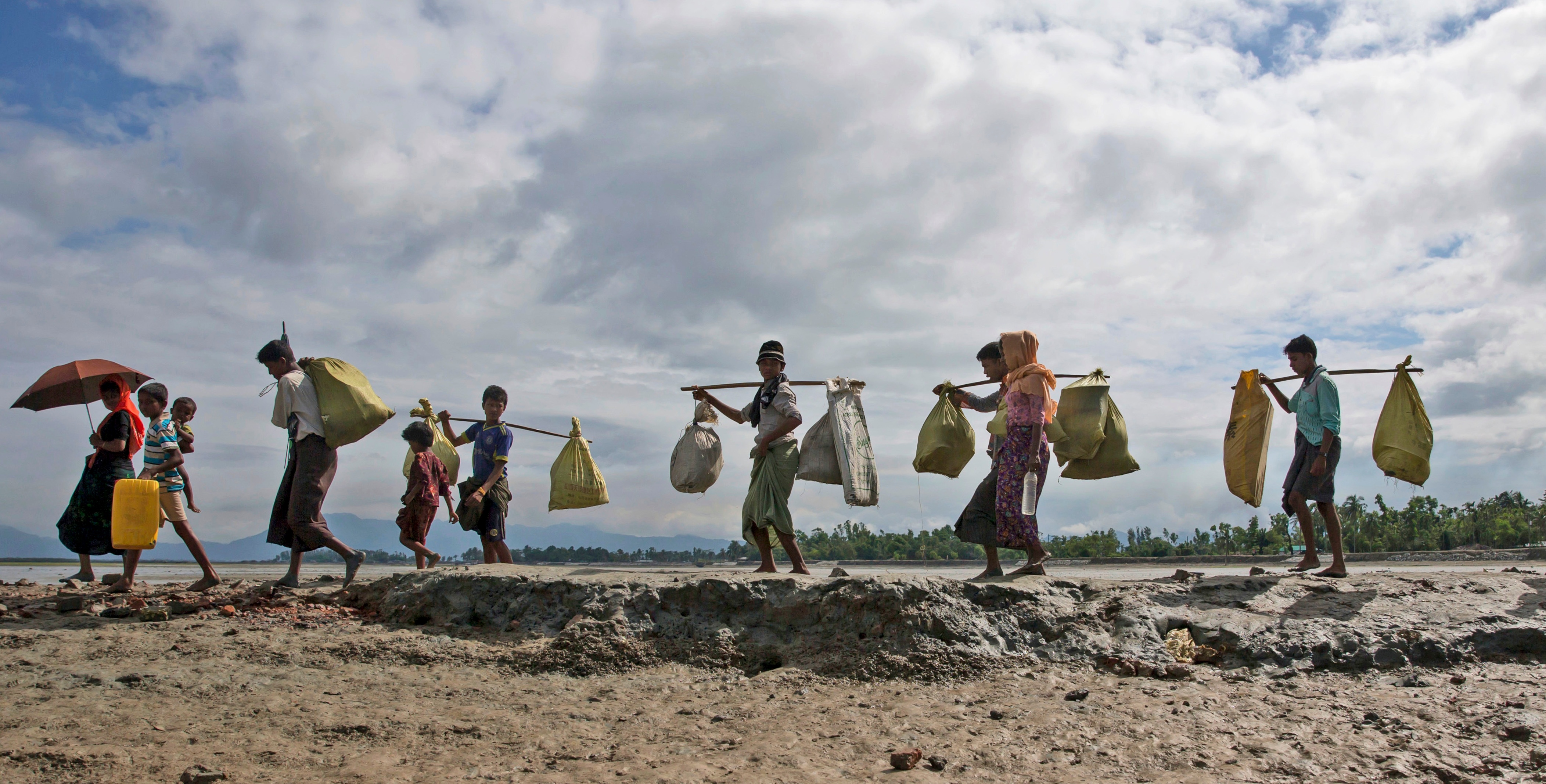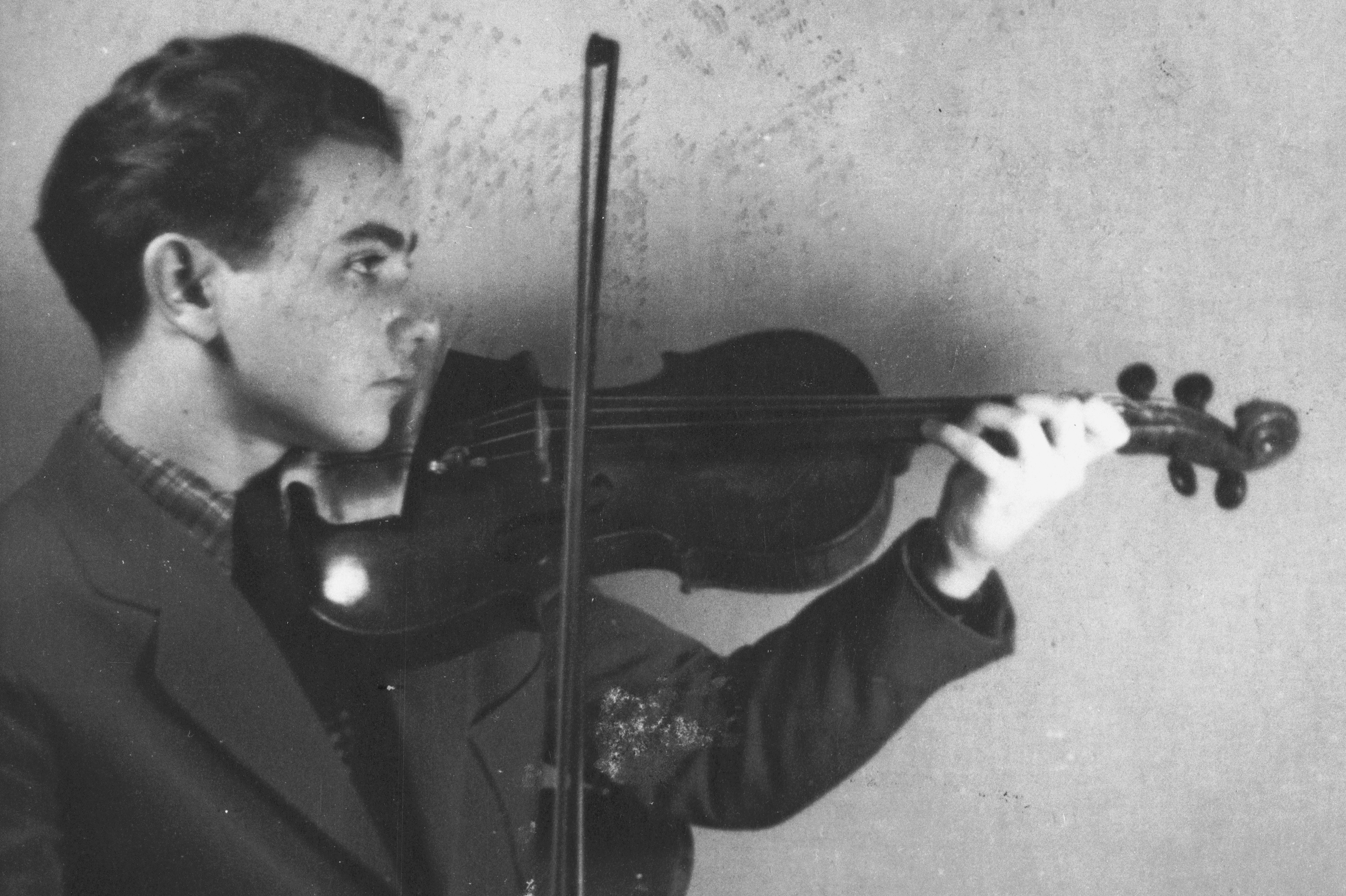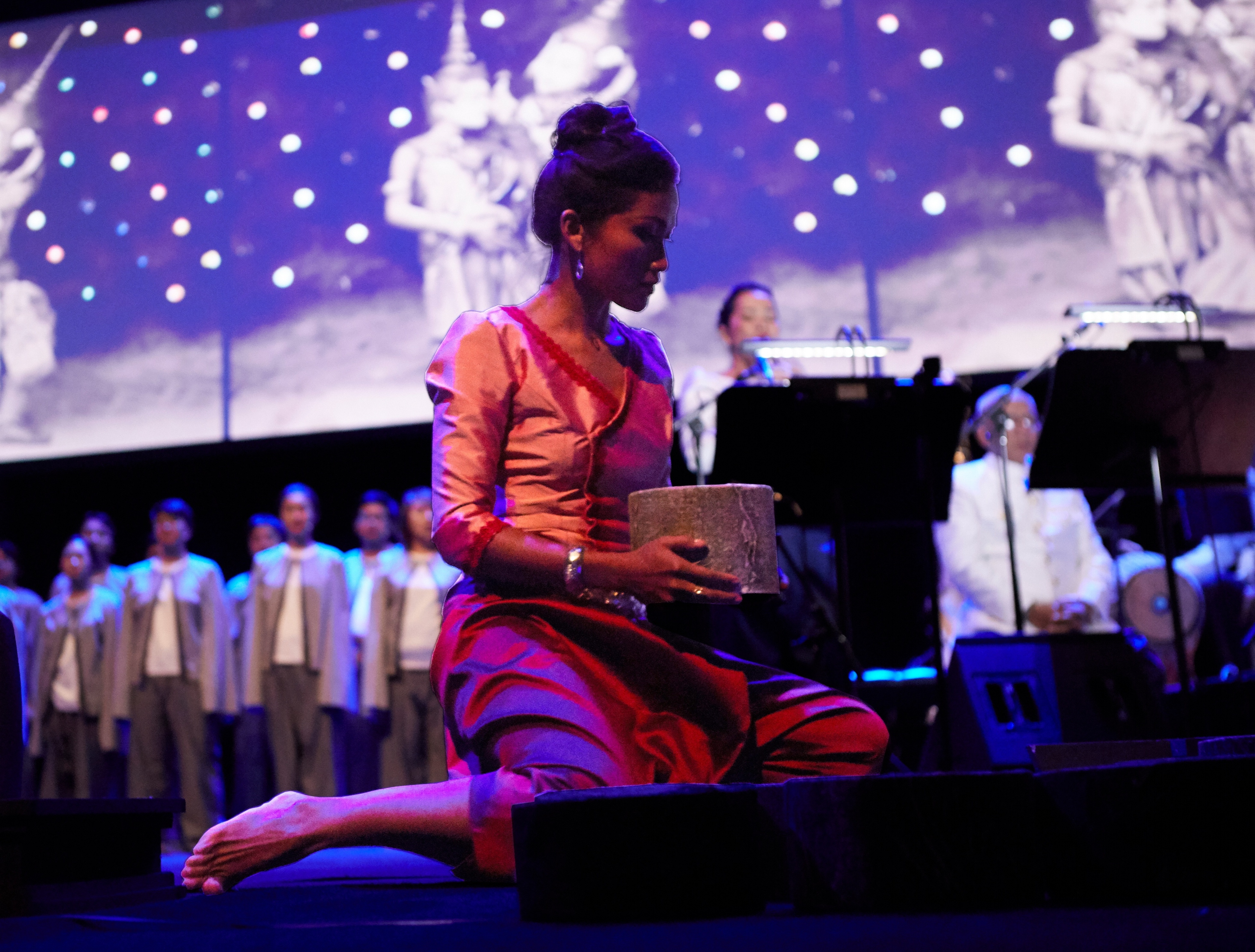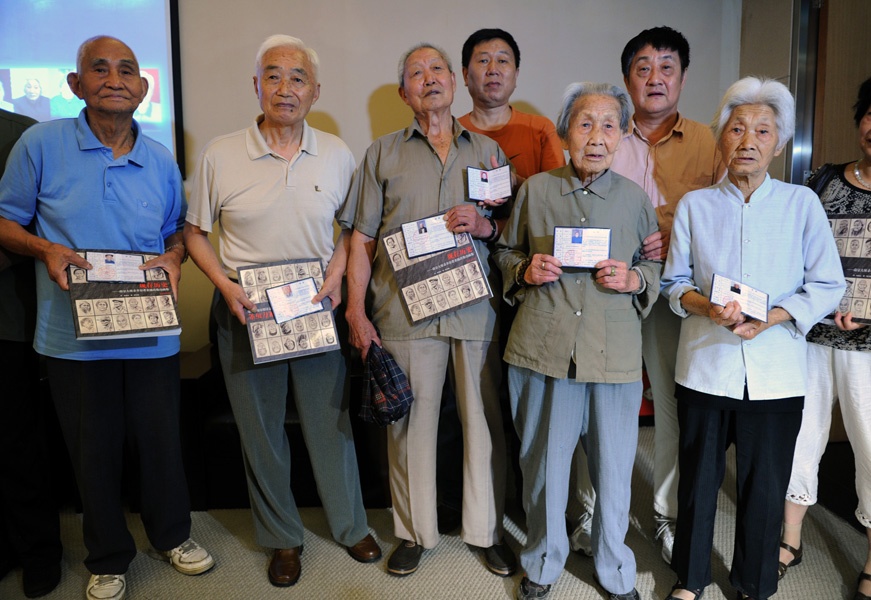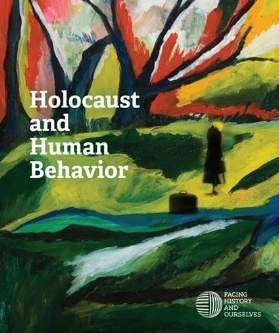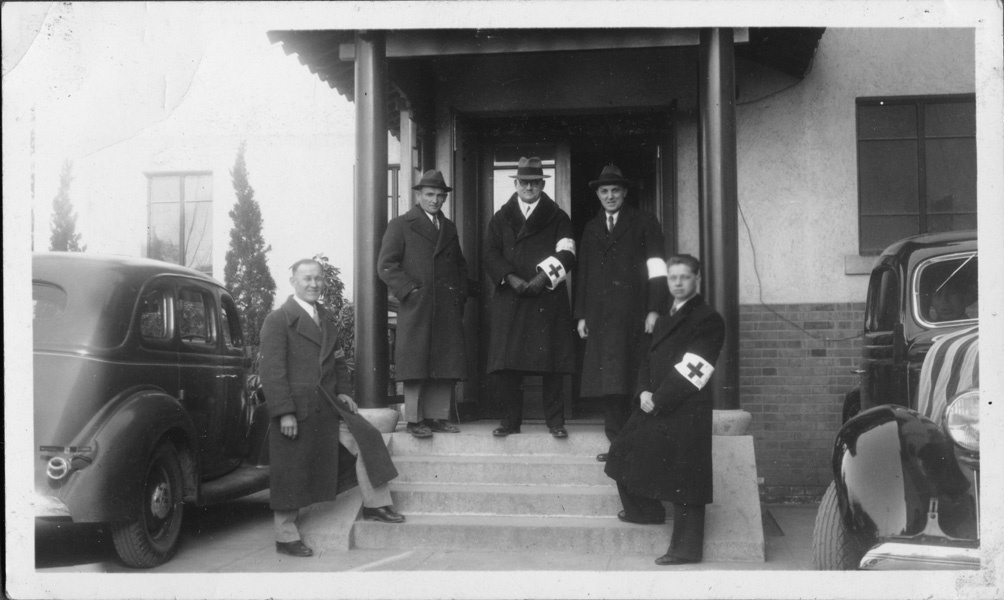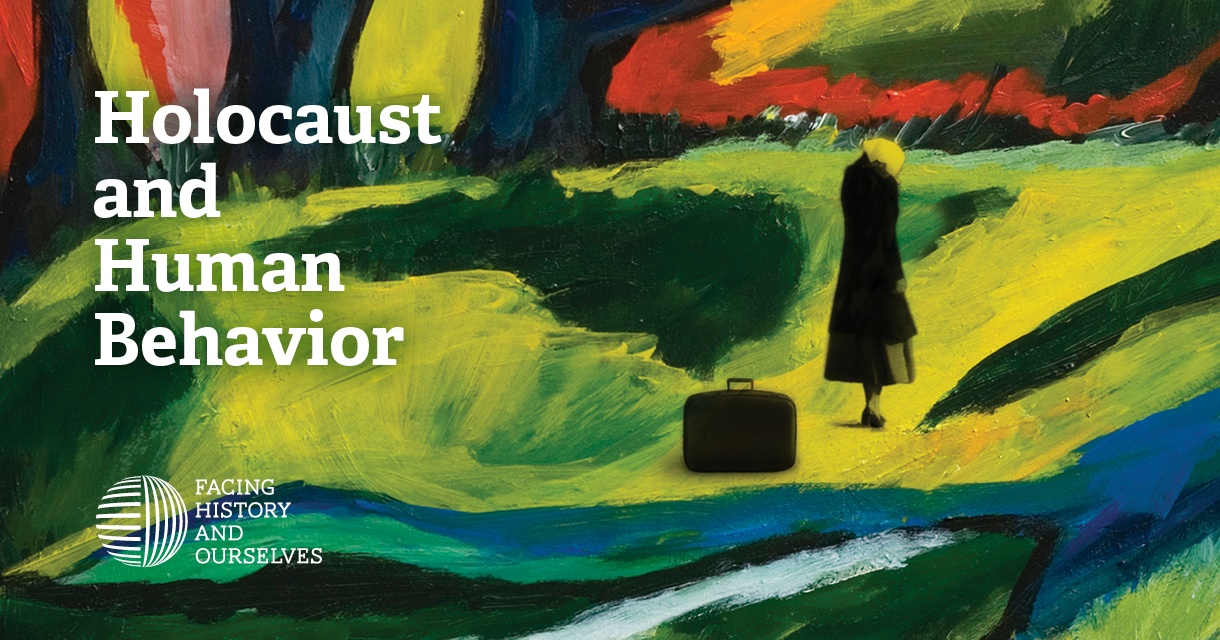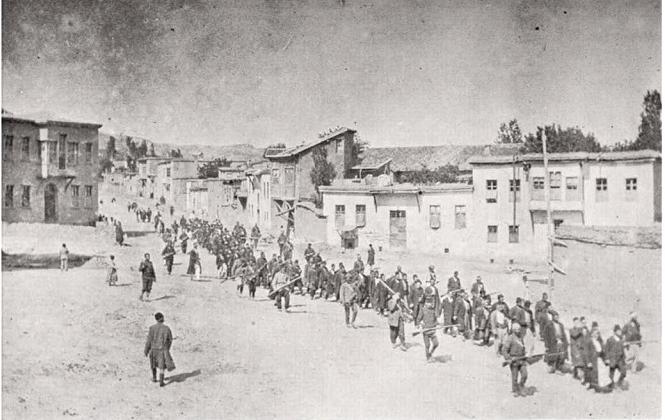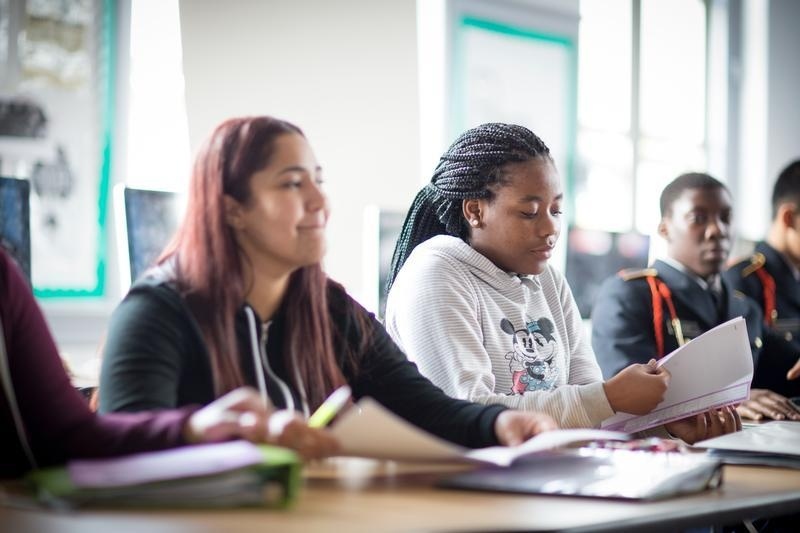This piece was originally published before the Elie Wiesel Genocide and Atrocities Prevention Act became law in 2019.
As the school year draws to a close, students and teachers in Facing History and Ourselves classrooms are exploring the theme of “Choosing to Participate.” After delving deeply into historical case studies, from The Reconstruction Era and the Fragility of Democracy to Holocaust and Human Behavior, they’re asking an important question: How does history educate me about my responsibilities today?
Read More
Topics:
Genocide/Collective Violence
When I was a teenager, I traveled to Auschwitz on a Jewish summer program. Since I played the saxophone, I was asked to perform the song “Eli, Eli” for a memorial service. It is a popular Jewish song my father made me sing every night before bed but I knew nothing of its origin. My tutor told me as I walked to the stage that Hannah Senesh, who wrote the poem on which the song is based, was a Hungarian-born, Palestine-based paratrooper who died trying to rescue Hungarian Jews during the Holocaust.
Read More
Topics:
Genocide/Collective Violence
So many times in the last year I have turned to this excerpt of the poem, “What They Did Yesterday Afternoon,” by Somali-British poet, Warsan Shire:
"later that night
I held an atlas in my lap
ran my fingers across the whole world
and whispered
where does it hurt?
it answered
everywhere
everywhere
everywhere."
Read More
Topics:
Genocide/Collective Violence
December 13, 2017 will mark the 80th anniversary of the Nanjing Atrocities. Between December 1937 and March 1938, the Japanese Imperial Army invaded the city of Nanjing, unleashing a spree of violence, murder, and rape on thousands of women, men, and children.
Read More
Topics:
Genocide/Collective Violence
At Facing History, we recently revised our seminal case study, Holocaust and Human Behavior. Why is it time for a new edition? In today’s world, how to build and maintain democratic societies that are resilient to violence is more important than ever. Not to mention that Holocaust scholarship and the study of human behavior have changed dramatically since the last revision of this work 20 years ago. So has technology. That’s why we’ve included a digital version of the new edition, along with the print version, which allows educators to build a customized experience in their classroom. We wanted to create a more dynamic experience for teachers and students as they grapple with this difficult history and the moral questions it raises.
Read More
Topics:
Facing History Resources,
Genocide/Collective Violence,
Holocaust and Human Behavior
Almost exactly a year ago,
I wrote a post about what is widely believed to be an ongoing genocide. These crimes by ISIL continue. In the face of these atrocities, it is important to know that there
are people, including scholars, human rights defenders, activists, lawyers, victims, and survivors who are standing up, speaking out and seeking justice. One of the leaders of this effort is
Nadia Murad, a Yazidi and a survivor. In her testimony and writing, she has called for the rescue of 3,000 Yazidi women and children, opportunities to relocate Yazidi to other safe countries and, importantly accountability, including an investigation.
Read More
Topics:
Genocide/Collective Violence
I have long wanted to develop and teach a unit on the Nanjing Atrocities for my students at Millennium Brooklyn High School. As a high school history teacher with an undergraduate degree in East Asian Studies, I see it as an important history that we seldom teach in the United States.
Read More
Topics:
Professional Development,
Online Workshop,
Genocide/Collective Violence,
The Nanjing Atrocities,
genocide
April is Genocide Awareness and Prevention Month and at Facing History, we’ve revised our seminal case study, Holocaust and Human Behavior. This revision is the culmination of five years of research, discussion, writing, and video and web production by the organization. We wanted to create a more dynamic experience for teachers and students as they grapple with this difficult history and the moral questions it raises.
Read More
Topics:
Facing History Resources,
Genocide/Collective Violence,
Holocaust and Human Behavior
Images are an important entry to stories of genocides and mass violence. They provide evidence and context but they can also shock us, jolting us into the immense amount of human suffering that occurred. This is why we must be careful when we prepare lessons for students that touch on such graphic and often difficult-to-absorb topics.
Read More
Topics:
Armenian Genocide,
Photography,
Genocide/Collective Violence,
Holocaust and Human Behavior,
genocide
Guest blogger, Clara Ramírez-Barat, shares how a two-year research project with the International Center for Transitional Justice (ICTJ) and the United Nations Children’s Fund (UNICEF) is exploring innovative strategies to engage young people in justice and peace-building efforts through education. Facing History’s international director, Karen Murphy, has played a lead role in this emerging field. She wrote a case study for that project and previously teamed up with ICTJ to develop a children’s guide to the Kenyan Truth, Justice, and Reconciliation Commission to help youth address complex parts of their country’s history.
Read More
Topics:
Genocide/Collective Violence,
SEL,
Empathy,
International Justice

